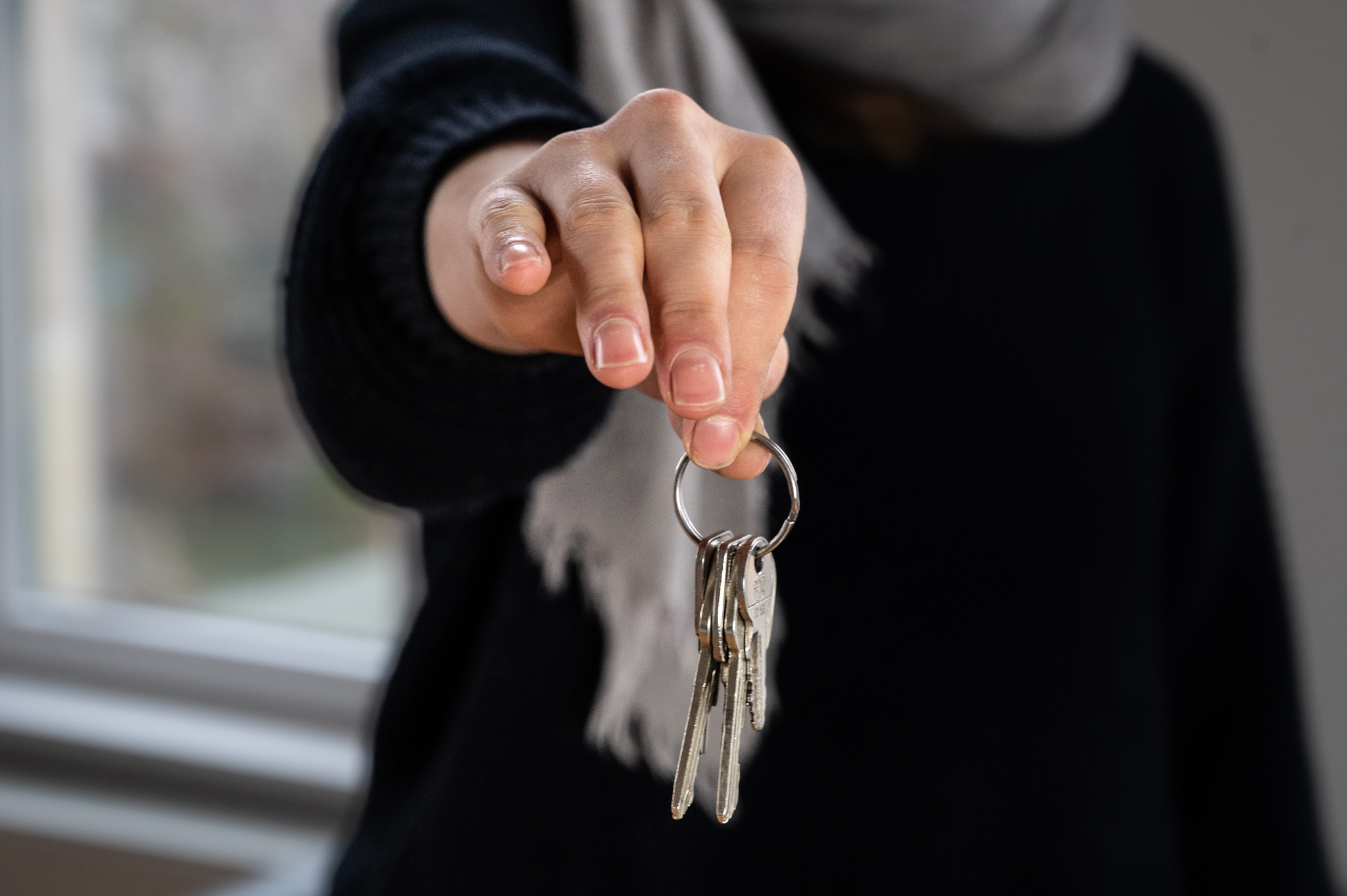Buying a Property in the UK: A Step-by-Step Guide
Preparing to Buy
The budget for buying a property consists of the deposit and the amount you can borrow as a mortgage. Additional costs also need to be considered.
Deposit: Lenders typically require buyers to pay at least 10-20% of the property value as a deposit. There are discussions about reintroducing the Help to Buy scheme, which could allow deposits as low as 5%.
Mortgage Amount: Consult with lenders to determine how much you can borrow. For residential buyers, the loan amount is usually capped at 4.5 times your annual income. You'll receive a Mortgage in Principle (MIP), valid for 30-90 days. For buy-to-let properties, loans are assessed based on expected rental income rather than income multiples.
Additional Costs: These may include stamp duty, legal fees, property survey fees, land registry fees, and moving expenses.
Finding a Property
Decide on the area you'd like to buy in, then search for properties using online platforms such as Rightmove, Zoopla, or OnTheMarket. Alternatively, you can engage a property advisor who can help you access quality listings and simplify the buying process.
Making an Offer
Determine an appropriate offer based on the market and the condition of the property. Submit a written offer through the estate agent, along with your MIP. If the seller accepts your offer, a memorandum of sale will be issued, outlining the transaction details and legal representatives for both parties.
Hiring a Solicitor
Unlike property transactions in many other countries, purchasing property in the UK requires a solicitor to handle the legal process. Their responsibilities include:
Conducting due diligence on the seller and property.
Investigating the property's ownership and legal background.
Drafting and exchanging contracts.
Handling all legal documents, procedures, and funds transfer.
As part of anti-money laundering (AML) checks, you'll need to provide:
Proof of identity: Passport, driving license, or EEA identity card.
Proof of address: Driving license, utility bill, bank statement, or council tax bill.
Proof of funds: Bank statements (3-12 months), dividend statements, loan documents, or evidence of previous property sales.
Reservation Deposit
To secure a property, you’ll typically pay a reservation deposit of £2,000–£5,000 and sign a reservation agreement.
Exchange of Contracts
For New Builds: The exchange process usually occurs within 21 days after paying the reservation deposit.
For Resale Properties: The timeline ranges from 1 to 3 months, depending on factors such as property chains, tenant arrangements, or legal documentation issues.
During this phase, your solicitor will review and finalize the contract. At the exchange, you’ll pay the deposit (typically 10% of the purchase price). At this point, the agreement becomes legally binding.
Getting a Mortgage
The timing of your mortgage application depends on the property type:
Off-Plan Properties: Start the process 6-8 months before the expected completion date.
Completed Properties: Apply immediately, often in parallel with paying the deposit.
The lender may arrange a valuation survey as part of the application.
Property Survey
You can commission a surveyor to conduct a property inspection, or sometimes this is organized by the lender.
New Builds: Surveys are conducted before the developer hands over the keys.
Resale Properties: Surveys are completed before exchanging contracts.
Types of surveys:
RICS Level 1 (Condition Survey): Basic survey for newly built properties.
RICS Level 2 (Homebuyer Survey): Intermediate survey for properties with some wear and tear.
RICS Level 3 (Building/Structural Survey): Comprehensive survey recommended for older properties.
Finalizing the Purchase
Once your mortgage is approved, your solicitor will transfer the remaining balance on the completion date. After this, you’ll receive the keys to your new property.
Stamp Duty and Land Registry
Your solicitor will handle stamp duty payment and submit the required documents to the Land Registry for title transfer and property registration.




